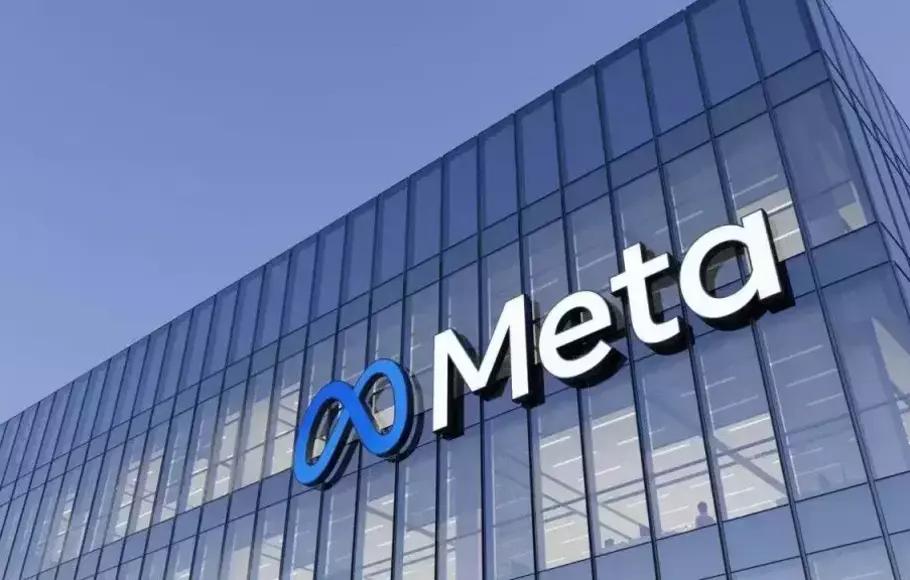


Meta is reportedly disbanding its Responsible AI (RAI) team, as it puts more of its resources into generative artificial intelligence. The Information reported this news today, citing an internal post they had seen.
According to the report, most of RAI's members will move to the company's generative artificial intelligence product team, while others will work on Meta's artificial intelligence infrastructure.
The company regularly says it wants to develop artificial intelligence responsibly and even has a page dedicated to that pledge, where the company lists the “pillars of responsible artificial intelligence,” including accountability, transparency, security, privacy, and more.
The Information report quoted Jon Carvill, who represents Meta, as saying that the company will continue to prioritize and invest in the safe and responsible development of artificial intelligence.
He added that even if the company splits that team, those members will continue to support relevant cross-Meta efforts in the responsible development and use of artificial intelligence.
Meta did not respond to a request for comment until the time this report was written.
The team underwent a restructuring earlier this year, which Business Insider reported included workforce cuts that left RAI “a nearly powerless team.”
The report, further states that the RAI team, which has been in place since 2019, has little autonomy and its initiatives had to go through lengthy stakeholder negotiations before they could be implemented.
RAI was created to identify problems with artificial intelligence training approaches, including whether the company's models were trained with sufficiently diverse information, with the goal of preventing moderation issues on its platform.
Automated systems on social platform Meta have caused problems such as Facebook's translation issues leading to false arrests, WhatsApp's AI sticker generation producing biased images when given certain commands, and Instagram's algorithm helping people find child sexual abuse material.
Moves like Meta's and a similar move by Microsoft earlier this year come as governments around the world race to create regulatory guardrails for the development of artificial intelligence.
The US government entered into agreements with artificial intelligence companies and United States President Joe Biden then directed government agencies to create artificial intelligence security rules.
Meanwhile, the European Union has published artificial intelligence principles and is still struggling to pass its artificial intelligence law. This was broadcast by The Verge, Sunday (19/11) local time.
What is the YouChat Chatbot that Youtube is Testing?
YouTube tests AI chatbot YouChat for deeper content engagement.
Read MoreLatest Record, Facebook Passes 3 Billion Monthly Active Users Worldwide
Meta's report: Facebook 3B monthly users, 3.88B across apps. Daily users 2.064B. Growth driven by Reels. Zuckerberg optimistic about future engagement.
Read MoreAI Generation Technology Users Soar in 2024 : IBM Indonesia
PT IBM Indonesia reports a significant increase in the adoption of generative artificial intelligence (Generative AI) across various industries, from banking to
Read MoreCopyright © 2023 Visi Global Teknologi. All rights reserved.


